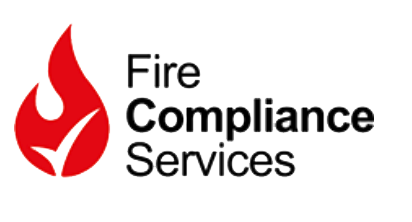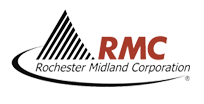Field Service Management Software
Streamline Operations. Supercharge Your Team. Impress Customers.
No Obligation
Field Service Management software simplifies job scheduling, allows your team to be more effective and helps you streamline your operations. Say goodbye to manual processes, step into the future of field service with Klipboard.
Field service scheduling software allows your team to be more efficient and effective by simplifying the job scheduling process, helping you to make sure your field workers are at the right place, at the right time. Klipboard’s field service scheduler gives you instant visibility of the information you need, whether you’re in the office or in the field.
Create a seamless experience for your customer. From the moment they submit a work request, to managing the job and getting paid, you can do it all on one single platform.
Klipboard is the future of field service and can improve the way you work regardless of the size of your business. If you manage people in the field and you want to offer your clients a great experience, try our 14-day free trial today.
Klipboard is Field Service Simplified. We are your all-in-one platform for job management, scheduling, planned maintenance, invoicing, quoting, automated client communications, reporting and more.
Simple and fast to set up but with a comprehensive range of job management software features that are built with you in mind. We enable you to focus on what matters most, your customers.
Spend less time on admin and more time growing your business by using Klipboard. Complete more jobs each day with our suite of smart features. Intelligent scheduling, real time insights, automatic appointment reminders for your customers, and your mobile workforce always have the job details at their fingertips on the Klipboard app.
Field Service Management software benefits every aspect of your field service business. Everything from how you book your jobs, to the visibility you’re given of your operation is improved from top to bottom.
Lack of visibility can be detrimental to a field service business and can result in missed jobs, double bookings and mismanagement of team resources, cash flow problems plus much more.
Field Service Management software from Klipboard enables high performing field service businesses to view job information in real time allowing for seamless service delivery and quick job scheduling. React faster to your customers requests and deliver that ‘on-demand’ service they expect in today's fast moving world.
Klipboard's intuitive drag and drop scheduling and dispatch features enables seamless job management and allocation of team resources. You can efficiently and confidently plan for today, tomorrow, next week and beyond.
Combine this with our powerful, realtime dashboard insights that monitor job management, operational performance and key financial metrics, your field service business can move from a lack of visibility to complete oversight.
A competitive industry requires you to stand out and capitalise on every opportunity by creating a seamless experience for your customers. Speed up your response times and win more business by replying with a professional quote that can be approved online instantly.
Klipboard's Field Service Management software can empower you to produce professionally branded quotes that customers can review and approve online. Simple, fast and effective quote acceptance will help you grow your business and deliver a superior customer experience.
Paperwork is a headache for field service businesses, but admin is a necessity. Whether it is industry standard forms for compliance or simply a job sheet to confirm the completed works to ensure customer payment, it is important that it doesn't go missing and is processed correctly.
Our unique Mobile Form Builder helps you effortlessly digitise your paper based forms to your exact custom requirements. Whatever you require you can be sure with our job management software that you can complete the required paperwork on every job on time and with ease.
No more delayed payments or compliance issues due to missing paperwork. Impress more customers and greatly reduce your admin by using mobile forms on Klipboard.
The average field service engineer spends around 5 to 6 hours per week on admin tasks. Every hour spent on admin takes your team away from the demands of your customers. Gain back more time by automating your processes and streamline your communications with your customers.
Klipboard can help you claim back more of your working week, focus on what matters and grow your business.
Cashflow is the life blood of any field service business. Real time visibility of your field service finances can help in a multitude of ways and provide insight that can be difficult if you are using excel spreadsheets.
With Field Service Management software from Klipboard you can be confident when a job is completed, a customer can be automatically notified of your invoice requiring payment, helping to speed up the payment process and minimising potential cash flow issues.
Our real time dashboards provide financial metrics on every job giving you insight on job margins and profitability. Combine this with our Xero or Quickbooks accounting integrations and we remove the need for double entry and instead gain efficient reconciliation and administration.
For field service businesses around the world, Klipboard makes job management a simple and effortless process that enhances their working day. Our teams serve our customers around the world and we process millions of jobs each year for small businesses to large enterprises.












Klipboard is the future of field service and can improve the way you work regardless of the size of your business. If you manage people in the field and you want to offer your clients a great experience, try our 14-day free trial today.